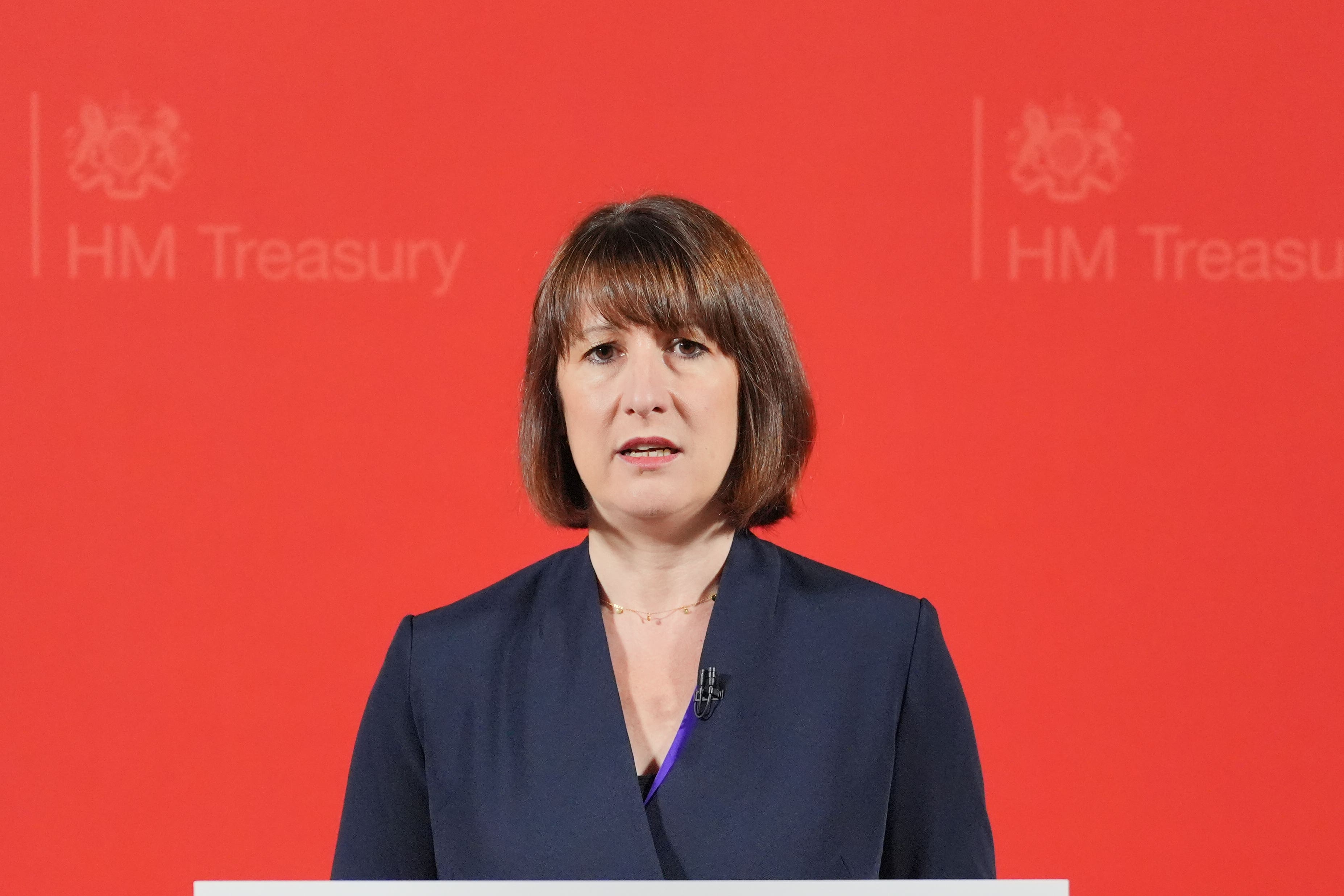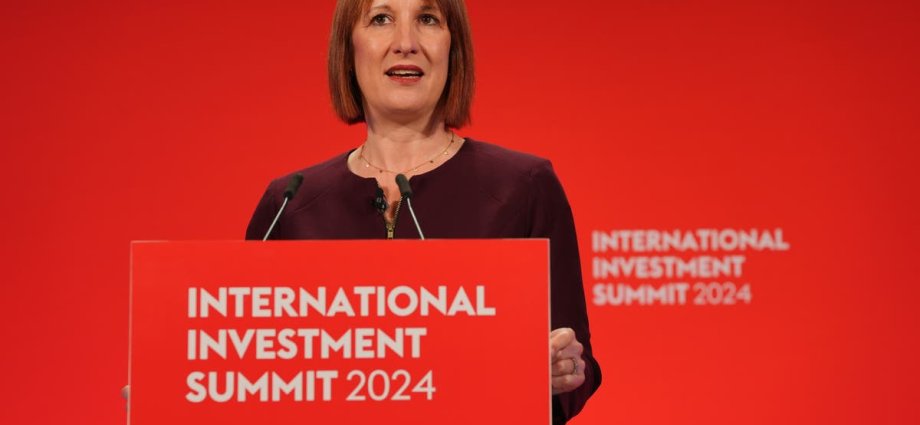Rachel Reeves is considering around £3bn of cuts to the welfare bill over the next four years by restricting access to sickness benefits, it is understood, as the chancellor embarks on a brutal cost-cutting mission to fill a so-called £22 billion black hole left by the Tories.
Under Conservative proposals, welfare eligibility would have been tightened so that around 400,000 more people who are signed off long-term would be assessed as needing to prepare for employment by 2028/29, as well as being entitled to £260 a month less in benefits. The OBR estimated the reforms would cut around £3bn from the welfare bill.
According to The Telegraph, Ms Reeves has agreed to honour the £3bn savings, but work and pensions secretary Liz Kendall will decide exactly how the system will be changed to save the same amount.
Asked why Labour was pressing ahead with plans made by the previous Conservative government to reform work capability rules, work and pensions minister Alison McGovern said the department “has to make savings because we are in a terrible financial situation.”
But she added: “To be clear, on that point we will bring forward our own reforms because the last 14 years have been a complete failure when it comes to employment.”

Pressed if this meant there would be no cuts, she told Times Radio: “We will not go ahead with the Tory plan because that was theirs. We will need to make savings like all departments, but we will bring forward our own reforms.”
When in opposition, Ms Kendall had claimed the plans were simply “tinkering at the edges of a failing system”.
There are 2.8 million people off work as a result of long-term sickess, with the cost of benefits for working age people set to reach £64bn by the end of the parliament. This figure will be an increase of £30bn on pre-pandemic levels.
Asked about the plans, the prime minister’s official spokesperson said: “We need to take action to get more people into work. Too many people are out of work and a healthy population is directly linked to a healthy economy.”
Disability charity Scope has said the Tory cuts would have a “devastating impact on a huge number of disabled people”.
James Taylor, of the charity, warned that “cutting support to those who need it most will lead to even more disabled people living in poverty”.
The government is looking to use the 30 October Budget to raise up to £40bn from tax hikes and spending cuts, with some departments facing cuts of as much as 20 per cent.
But Sir Keir Starmer and his chancellor are facing a backlash from Cabinet ministers over the proposals.
Ms Reeves told ministers during Tuesday’s Cabinet meeting that plans to fill a £22bn hole in the public finances will just be enough to “keep public services standing still”.
Having promised “no return to austerity” under Labour, the chancellor is seeking the additional £18bn to fund a cash injection for the NHS and avoid real terms cuts to some key departments.
But several ministers wrote to the prime minister directly on Wednesday to express concern about the planned cuts.
Downing Street warned that “tough decisions” would have to be made, saying that “not every department will be able to do everything they want to”.
The prime minister’s official spokesman confirmed Sir Keir and Ms Reeves have agreed on the “major measures” of the Budget, including the “spending envelope” that sets out limits for individual Whitehall departments.

The envelope was submitted to the Office for Budget Responsibility (OBR) on Thursday after being finalised by Downing Street.
The chancellor is expected to raise the cash through a series of tax hikes, with an increase to the employer rate of national insurance widely expected.
Downing Street has repeatedly refused to rule out the change, despite such a move being seen as a breach of Labour’s general election manifesto.
An increase in the rate by 1p could raise up to £17bn, according to IFS director Paul Johnson.
Labour’s manifesto promised no increase in taxes on working people, saying this is “why we will not increase national insurance.”
Ministers have argued the promise only applied to the employee rate of national insurance, which sits at 8 per cent, and not the 13.8 per cent employer contribution rate.
Capital gains on profits from the sale of shares, which currently is set at 20 per cent, is likely to rise by several percentage points, The Times reported, a move which would raise billions.
The Treasury is also looking at plans to increase inheritance tax, the BBC reported on Friday, with the chancellor said to be considering a number of changes to the tax.
Inheritance tax is typically charged at 40pc on assets above a £325,000 threshold when a person dies.
A spokesperson for the Department of Work and Pensions said: “Spiralling inactivity and millions of people denied the right support is holding the country back and stifling the economy.
“We believe the Work Capability Assessment is not working and needs to be reformed or replaced, alongside a proper plan to support disabled people.
“We will deliver the change the country needs; supporting those who can work, into work, and delivering growth in every part of the country.”











